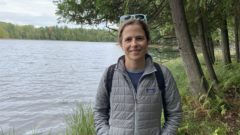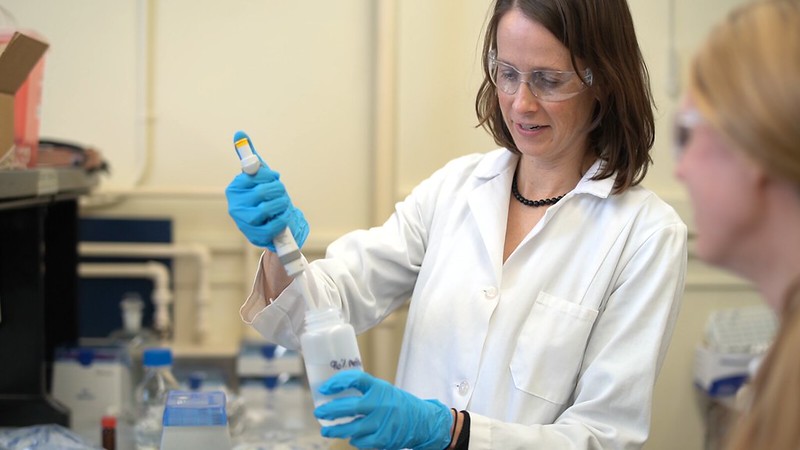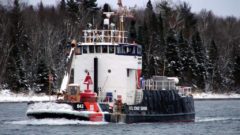Great Lakes water levels starting to show hints of good news for threatened beaches and homes
The Great Lakes continue to inch away from the record high water levels of the past few years. Lakes Michigan and Huron have been in the spotlight with the highest water levels recently compared to previous record high water levels. Read the full story by MLive.com.
Great Lakes Commission
https://www.glc.org/dailynews/20201217-water-levels-erosion








